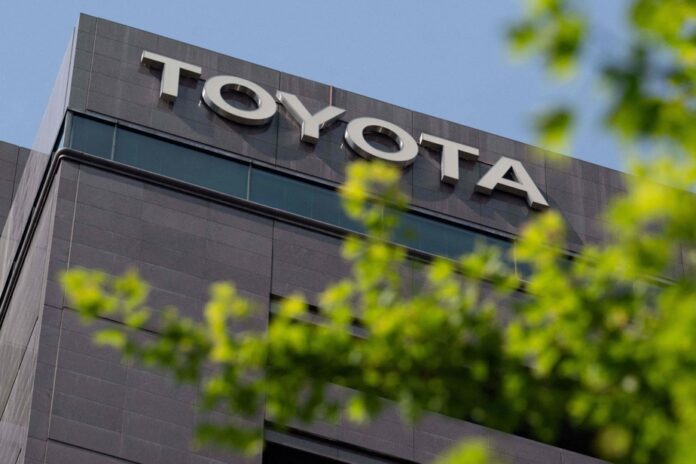(Tokyo) Automotive giant Toyota and other Japanese companies will receive 118 billion yen (C$1.107 billion) in subsidies from Japan to produce electric batteries in the country, the Japanese government announced on Friday.
“I hope that large investments by Toyota and others will significantly strengthen our country’s battery supply chain,” Minister of Economy, Trade and Industry Yasutoshi Nishimura said on Friday. of a press conference.
In April, the Japanese government had already allocated nearly 160 billion yen (1.5 billion Canadian) for a similar project in Japan carried by Honda and other local companies.
Like its G7 partners, who are also seeking to reduce their dependence on China, Japan wants to strengthen its economic security by encouraging the domestic production of sensitive technologies such as electric batteries and semiconductors.
Japan is also eager to return to the forefront in batteries, which was one of the world leaders in this sector until the mid-2010s before being overtaken by China and South Korea. .
Toyota has long been slow to get serious about 100% electric vehicles. But the world number one now wants to work twice as hard in this booming segment.
The group is aiming for a range of 1,000 km for its next generation of high-end electric cars from 2026, with a charging time of up to 20 minutes, it announced earlier this week.
Toyota is also working intensively on solid electrolyte batteries, presented as more efficient, less polluting and safer than current lithium-ion technology. The group is developing a large-scale production method for these products and hopes to enter the commercial phase in 2027-2028.
In April, the group set itself the goal of selling 1.5 million 100% electric vehicles worldwide by 2026. A very ambitious goal given that these sales in this segment totaled less than 25,000 units per year. last year, very far from the current champions in this field, the American Tesla and the Chinese BYD.















